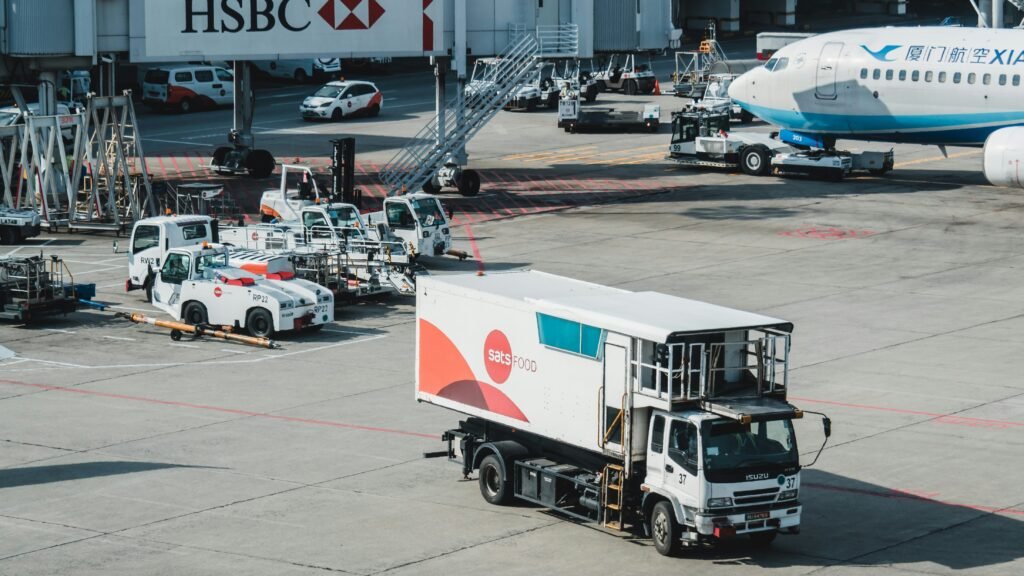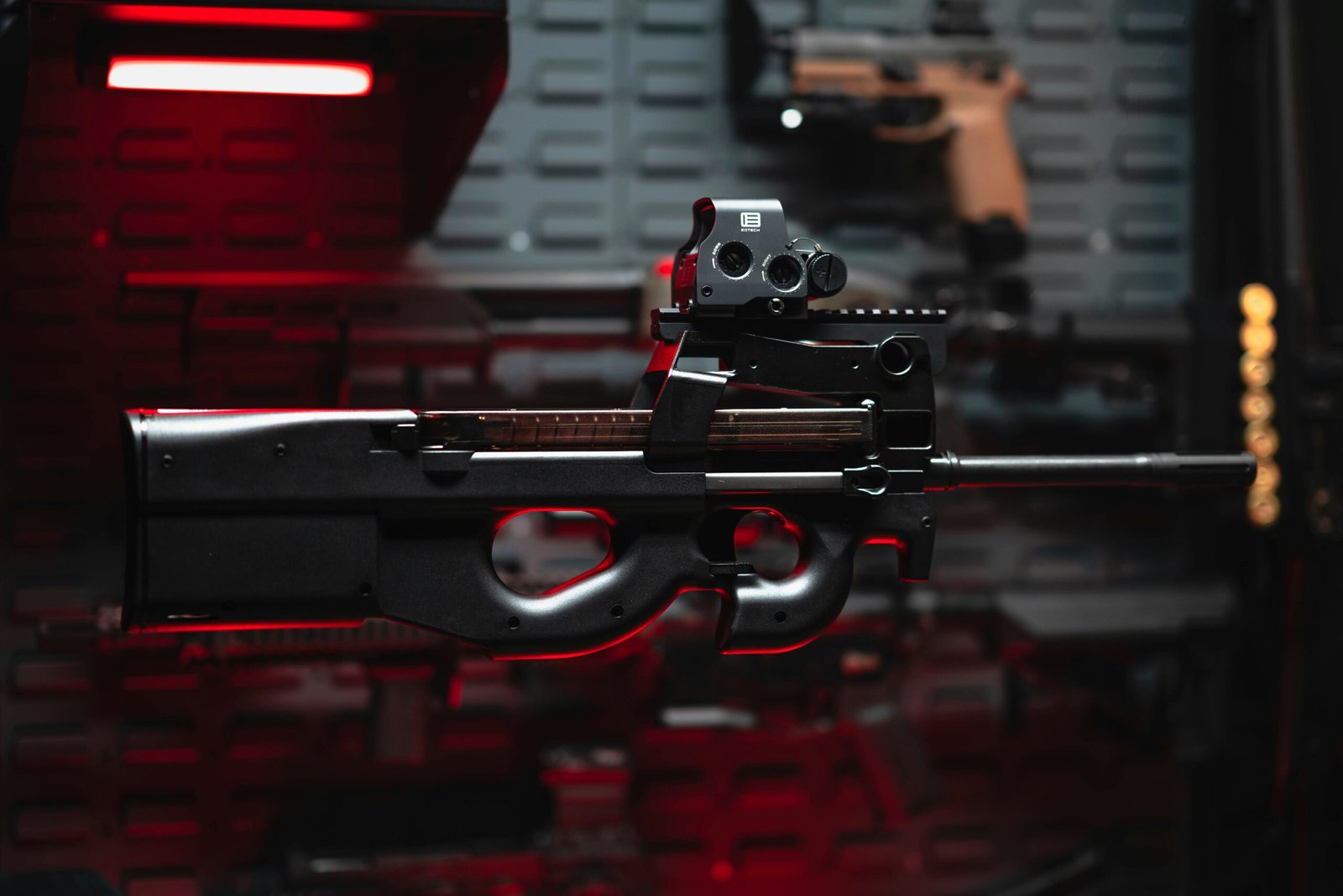Imagine that you’re an avid gun enthusiast, always on the lookout for new adventures. As you plan your next road trip, you’re excited to bring along your trusted firearms, but there’s one concern that lingers in the back of your mind: What are the regulations and restrictions for transporting guns in your vehicle? In this informative article, we will demystify the complexities of gun laws and provide a comprehensive look into the regulations surrounding the transportation of firearms in vehicles. Whether you’re a seasoned gun owner or just starting your collection, this article will equip you with the knowledge you need to stay compliant and enjoy peace of mind during your journeys.

This image is property of images.unsplash.com.
Overview of Gun Laws
Gun laws in the United States are a complex web of federal and state regulations that aim to balance the rights of gun owners with the need for public safety. These laws cover various aspects of firearm ownership, including the transportation of guns across state lines. It is important for gun owners to have a clear understanding of both federal and state gun laws to ensure they remain compliant and law-abiding citizens.
Federal Gun Laws
Federal gun laws are laws that apply to the entire United States, superseding state laws in certain cases. One important federal law when it comes to firearm transport is the Firearms Owners’ Protection Act (FOPA).
Firearms Owners’ Protection Act (FOPA)
The Firearms Owners’ Protection Act (FOPA) was enacted in 1986 and provides certain protections for gun owners, especially in regards to the transportation of firearms.
Interstate Transportation Protections
Under the FOPA, individuals are allowed to transport firearms legally through different states, even if those states have stricter gun laws. This means that if you are traveling from one state to another and need to pass through states with more restrictive gun regulations, you are legally allowed to transport your firearms with you.
Safe Passage Provision
The FOPA includes a provision known as the “Safe Passage” provision, which ensures that as long as the firearms are transported in a manner that complies with the Act, the person transporting the firearms will not be subject to arrest or detention solely for possessing the firearms.
Exceptions and Limitations
It is important to note that there are exceptions and limitations to the protections provided by the FOPA. For example, the firearms being transported must be unloaded and inaccessible from the passenger compartment of the vehicle. Additionally, the individual transporting the firearms must be legally allowed to possess the firearms in both the state of origin and the state of destination.
Transporting Guns Across State Lines
When it comes to transporting guns across state lines, there are certain factors to consider, depending on the states involved.
Traveling to States with Reciprocity Agreements
Some states have reciprocity agreements, which means they recognize and honor the concealed carry permits issued by other states. If you have a valid concealed carry permit from your home state and are traveling to a state that has a reciprocity agreement with your state, you may be able to legally carry your concealed firearm in that state. It is important to research and understand the reciprocity agreements between states before traveling.
Navigating Non-Reciprocal States
In states that do not have reciprocity agreements with your home state, you may not be able to legally carry your concealed firearm. It is crucial to know and respect the laws of the state you are traveling to, even if your home state permits concealed carry.
Complying with State and Local Laws
Each state has its own gun laws, including regulations regarding transportation. It is essential to familiarize yourself with the specific laws of the states you will be traveling through to ensure compliance. Be aware of any restrictions on the type of firearm, ammunition capacity, required permits, and storage requirements.

This image is property of images.unsplash.com.
State Gun Laws
While federal gun laws provide a baseline for firearm regulations, states also have the authority to establish their own gun laws. Therefore, it is important to understand the gun laws specific to the state in which you reside or plan to travel.
Residency Restrictions
Some states have residency restrictions that may affect how you can transport firearms. As a resident, you may have additional rights and privileges compared to non-residents when it comes to transporting firearms. It is crucial to understand the specific rules and regulations that apply to both residents and non-residents.
Permit Requirements
Many states require a permit to purchase, possess, or carry a firearm. These permits may vary depending on the intended use of the firearm (e.g., concealed carry permits). Understanding the different types of permits, their requirements, and the application process is crucial to ensure compliance with state gun laws.
Concealed Carry Reciprocity
Concealed carry reciprocity refers to the recognition of concealed carry permits issued by one state in another state. Some states have agreements that allow for reciprocity, while others may not recognize out-of-state permits. It is important to research and understand the concealed carry reciprocity agreements between your home state and the states you plan to travel to.
Secure Storage and Transport
Securing and safely transporting firearms are essential aspects of responsible gun ownership. Proper storage and transport not only prevent accidents but also help ensure compliance with various laws.
Locking and Securing Firearms in Vehicles
When transporting firearms in a vehicle, it is important to secure them properly. This may include using a locked container, a gun safe, or a locking device such as a cable or trigger lock. The specific requirements for locking and securing firearms in vehicles may vary depending on state or local laws, so it is crucial to familiarize yourself with the regulations of the area you will be traveling through.
Storing Ammunition Safely
In addition to securing firearms, it is equally important to store ammunition safely. Many states have specific storage requirements for ammunition, such as keeping it separate from firearms. Be aware of these requirements and ensure you are in compliance.
Properly Defining a Locked Container
The definition of a locked container may vary from state to state. Some states require a specific type of container, such as a hard-sided case, while others may accept any container that can be locked. Familiarize yourself with the definition of a locked container in the states you will be traveling through to ensure compliance.
Case Law Examples
Case law examples can provide insights into how courts have interpreted various gun laws, including those related to firearm transport. Researching relevant case law can help you gain a better understanding of how certain laws have been applied and interpreted in real-world situations.

This image is property of images.unsplash.com.
Tips and Best Practices
To ensure a smooth and compliant experience when transporting firearms, consider the following tips and best practices:
Researching Laws Before Traveling
Before traveling, thoroughly research the federal and state gun laws of the states you will be passing through or staying in. Stay up to date with any changes in legislation to ensure you are aware of the latest regulations.
Keeping Documentation Handy
Keep all necessary documents, such as permits and licenses, readily accessible during your journey. This will help you provide proof of compliance with applicable laws if requested by law enforcement.
Notifying Law Enforcement
In some states, it is advisable to notify law enforcement when you enter the state with firearms, especially if the state requires it. This can help avoid any potential misunderstandings or conflicts with law enforcement officers.
By understanding and following federal and state gun laws, you can ensure that your firearm transport remains legal and compliant with the regulations in place. Remember, responsible gun ownership includes not only abiding by the laws but also prioritizing safety and proper storage to prevent accidents and unauthorized access.



